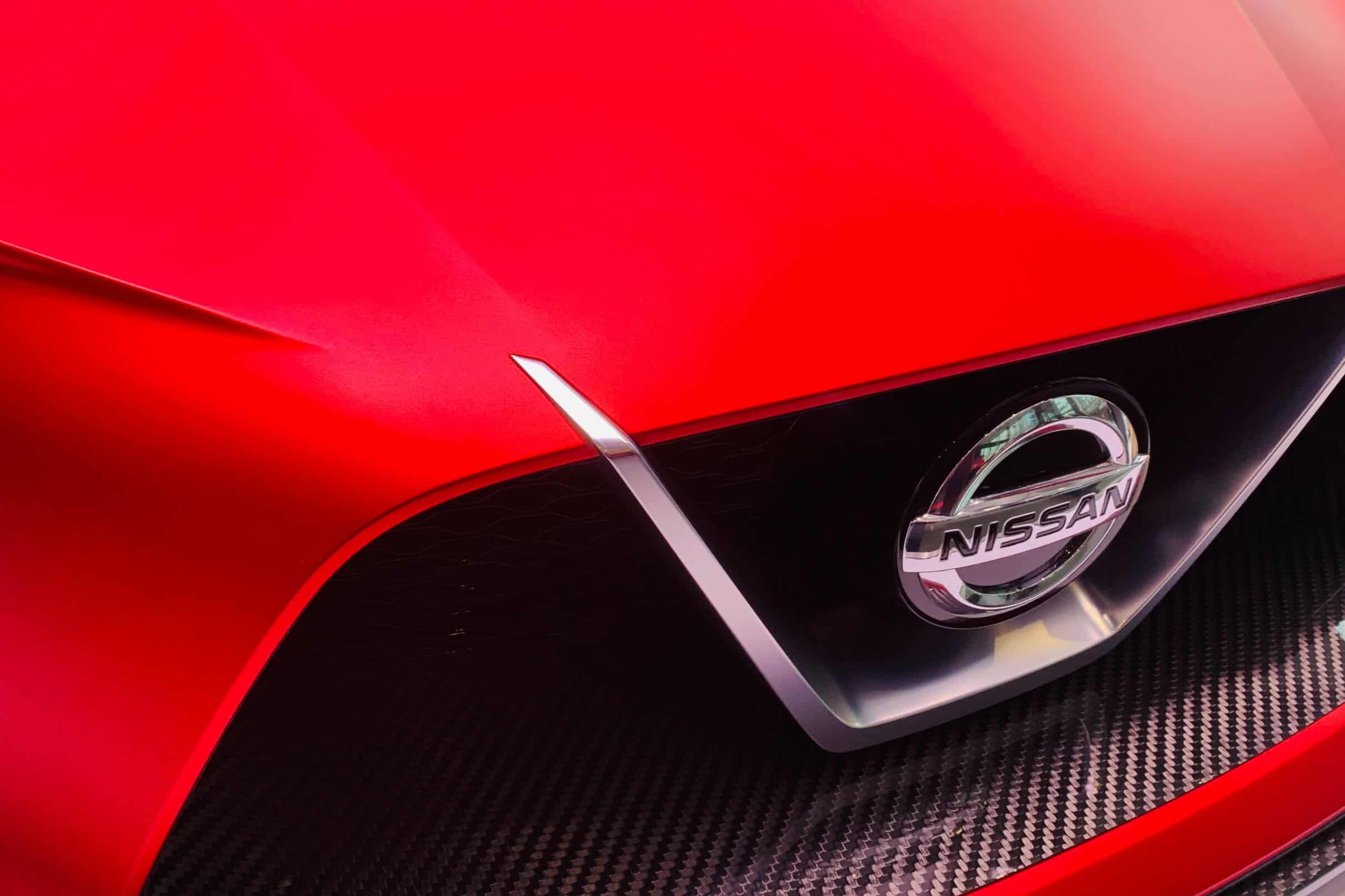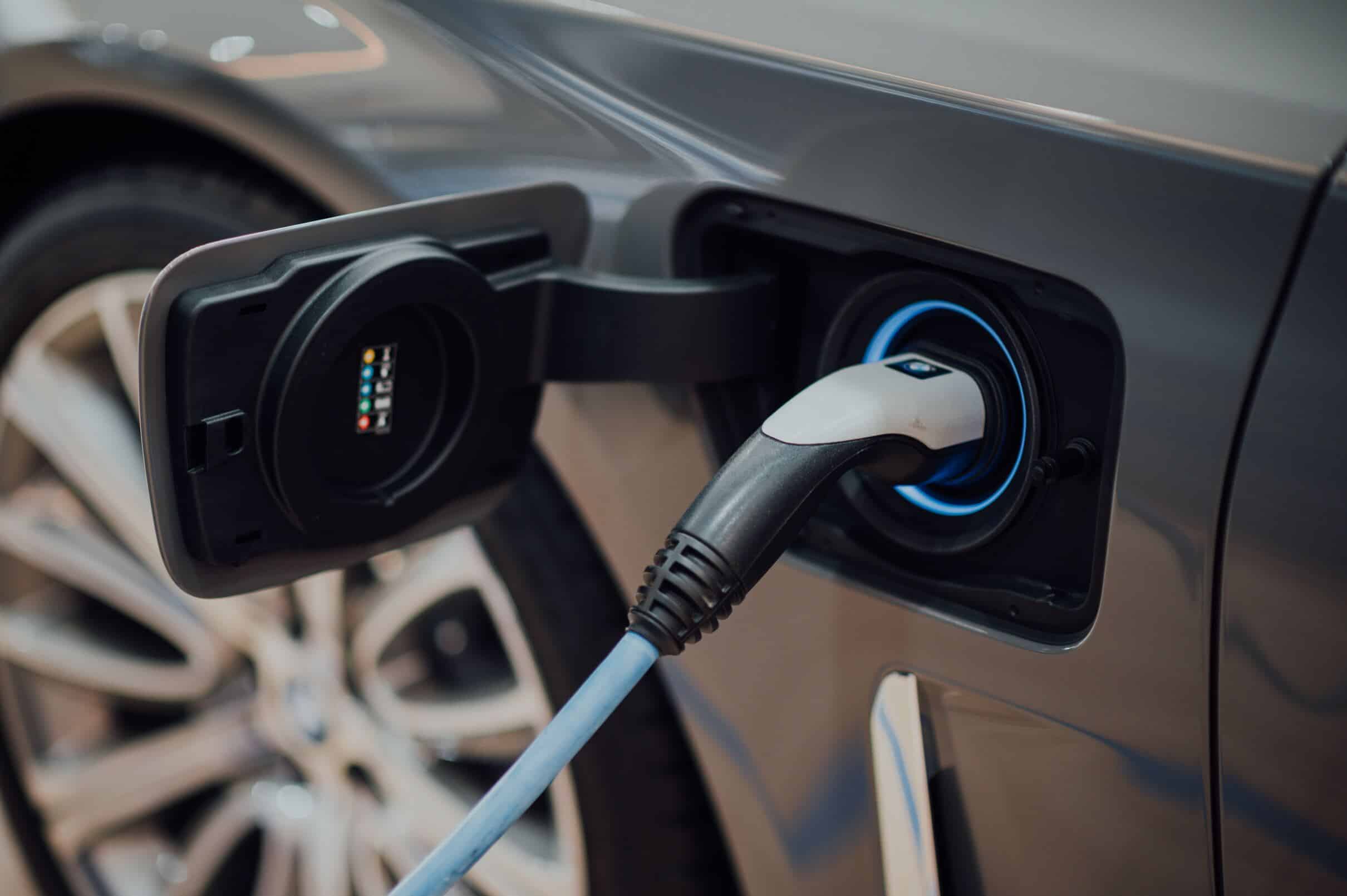Introduction
In a ground-breaking announcement that marks a pivotal moment in the automotive industry, Nissan has declared its intent to cease the sale of combustion engine vehicles in Europe by the year 2030. This bold move is a testament to the automaker’s commitment to sustainability, emissions reduction, and the global shift towards electric mobility.
 The Transition to a Greener Future
The Transition to a Greener Future
Nissan, a name synonymous with innovation and quality in the automotive world, is taking significant strides to align with the ever-growing demand for cleaner transportation. The decision to phase out the sale of combustion engine vehicles in Europe is a testament to the company’s determination to be at the forefront of the electric vehicle (EV) revolution.
This decision reflects Nissan’s acknowledgement of the urgency to combat climate change and reduce greenhouse gas emissions. By shifting its focus from internal combustion engines to electric propulsion systems, the company is contributing to the global effort to mitigate the environmental impact of transportation.
Electrifying the Line-up

Nissan has been a trailblazer in the electric vehicle market since the introduction of the Nissan Leaf, one of the world’s first mass-market electric cars, in 2010. Over the years, the company has continued to enhance its EV offerings, demonstrating a deep commitment to sustainable mobility.
To meet its ambitious target of discontinuing combustion vehicle sales in Europe by 2030, Nissan plans to electrify its entire line-up. This includes expanding its range of electric cars and investing in cutting-edge battery technology. The company aims to make electric vehicles more accessible and appealing to a broader audience.
Nissan’s EV line-up already boasts impressive models like the Nissan Ariya and the Nissan Leaf. With advancements in battery technology and charging infrastructure, the company is well-positioned to meet the evolving needs of European consumers and regulators alike.
A Commitment to Sustainability
Nissan’s decision to abandon combustion engine vehicles is not just about staying in line with regulatory requirements but also about embracing a sustainable future. The transportation sector is a significant contributor to carbon emissions, making it crucial for automakers to take responsibility and act proactively.
By transitioning to an all-electric line-up, Nissan aims to significantly reduce the carbon footprint associated with its vehicles. Electric cars produce zero tailpipe emissions, helping to improve air quality and combat climate change. This transition is not just a business move but also a moral obligation to protect the planet for future generations.
Creating Green Jobs
The shift towards electric mobility presents a unique opportunity to stimulate economic growth and job creation. Nissan’s decision to pivot towards electric vehicles will require investments in research and development, manufacturing, and the expansion of charging infrastructure. This, in turn, will lead to the creation of green jobs, supporting local economies and communities.
As Nissan accelerates its electrification efforts, it plans to invest in European manufacturing facilities, battery production, and infrastructure development. These investments will not only help Nissan meet its electrification goals but also contribute to the economic development of the regions where these initiatives are implemented.
Charging Infrastructure Expansion

One of the key challenges in the widespread adoption of electric vehicles is the availability of convenient charging infrastructure. Nissan is well aware of this challenge and is committed to playing a pivotal role in addressing it.
To support its transition to an all-electric line-up, Nissan plans to collaborate with public and private stakeholders to expand the charging network across Europe. This initiative aims to eliminate “range anxiety” and make EV ownership more accessible to everyone. Nissan’s vision is to ensure that charging stations are as ubiquitous as petrol stations, providing a seamless experience for electric vehicle users.
Consumer Benefits
The shift away from combustion engine vehicles brings numerous benefits to consumers. Electric vehicles are not only environmentally friendly but also offer lower operating costs, reduced maintenance requirements, and a smoother driving experience. With advancements in battery technology, electric cars now offer competitive range and charging times, making them a viable option for daily transportation needs.
Moreover, government incentives and rebates for electric vehicle buyers are becoming increasingly common, making EVs even more attractive to consumers. Nissan’s commitment to electrification ensures that customers in Europe will have access to a wide range of electric vehicles, catering to various preferences and needs.
Conclusion
Nissan’s decision to cease the sale of combustion engine vehicles in Europe by 2030 represents a monumental step forward in the transition to a sustainable and electrified future. This move demonstrates the company’s commitment to reducing its carbon footprint, creating green jobs, and supporting the growth of the electric vehicle market.
As Nissan electrifies its entire line-up and invests in charging infrastructure, consumers in Europe can look forward to a greener, more sustainable, and cost-effective driving experience. With this bold step, Nissan is not only aligning itself with the global trend toward electric mobility but also paving the way for a brighter and cleaner automotive future for all.





